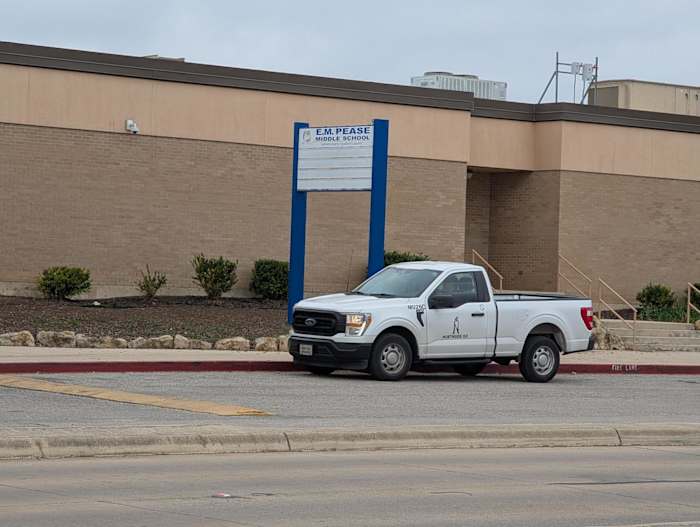The U.S. Justice Department has challenged a Texas law that allows students without legal residency to pay in-state tuition at public colleges and universities. This federal intervention could significantly impact undocumented students seeking affordable higher education in Texas.
Justice Department challenges Texas law allowing in-state college tuition for students without legal residency
Key Takeaways:
- The Justice Department is challenging Texas’s in-state tuition law for students without legal residency.
- The Texas law permits undocumented students to pay lower, in-state tuition rates.
- This federal challenge could affect access to higher education for many undocumented students.
- The case highlights tensions between state education policies and federal immigration laws.
- The story was reported by Gazette Xtra, sourced from the Associated Press.
Justice Department Targets Texas Tuition Law for Undocumented Students
Introduction
The U.S. Justice Department has initiated a challenge against a Texas law that permits students without legal residency to pay in-state tuition rates at public colleges and universities. Reported by Gazette Xtra on June 4, 2025, this move signifies a significant federal intervention in state education policy and could have far-reaching effects on undocumented students in Texas.
Background on the Texas Law
Texas law allows students who lack legal residency status to qualify for in-state tuition fees at state-funded institutions of higher learning. This policy enables these students to pursue college education at a cost significantly lower than the out-of-state tuition rates, making higher education more accessible to them.
Details of the Federal Challenge
The Justice Department’s challenge to the Texas statute represents an escalation in federal involvement concerning how states manage education for undocumented students. While specific details of the legal arguments have not been disclosed, the action suggests federal concerns over state policies that may conflict with national immigration laws.
Potential Impact on Students
If the challenge leads to the overturning of the Texas law, thousands of students without legal residency could face substantially higher tuition costs. The increased financial burden might prohibit many from continuing their education, altering the educational landscape for undocumented students within the state.
Broader Implications
This federal challenge underscores ongoing tensions between state initiatives to provide educational opportunities to all residents and federal immigration enforcement priorities. It brings to the forefront the complex interplay between education policy and immigration law, and it may influence similar laws in other states.
Conclusion
As the legal process unfolds, the future of the Texas law and its beneficiaries remains uncertain. Stakeholders, including students, educators, and policymakers, will be closely watching the developments. The outcome could set a precedent affecting not only Texas but also the national conversation on immigration and access to education.











